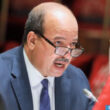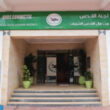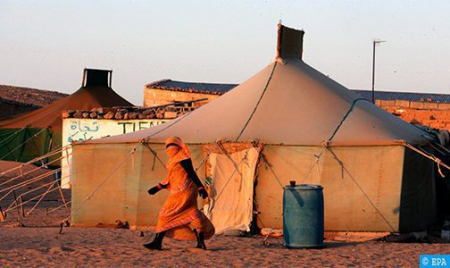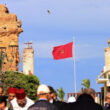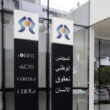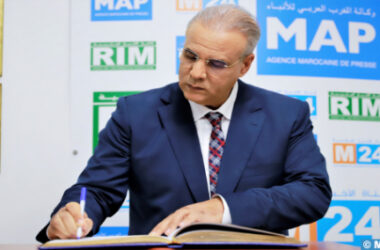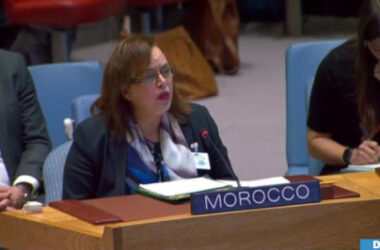In his speech at the 86th meeting of the UNHCR Standing Committee (7-9 March 2023), Ambassador Omar Zniber, Permanent Representative of Morocco in Geneva, noted that Algeria has violated its obligations by transferring its powers, obligations and territory to a separatist armed group, thus setting a precedent never achieved in international law.
“We are witnessing, with amazement, the militarization of the camps, the formation of militias and the recruitment of children,” he said.
In the wake of compliance with the 1951 Convention and its Additional Protocol, the diplomat said it is unacceptable that the host state does not ensure the humanitarian character of the camps.
Zniber also recalled that the evaluation report of UNHCR’s activities in the MENA region cites 17 out of 18 states in which the registration of refugees has been strengthened in 2022, noting that the only state that has not submitted to this legally and morally binding exercise is Algeria.
Registration is a vital protection both for people of concern to UNHCR and for the work of UNHCR, in order to avoid any political use of humanitarian assistance, he said.
He added that “while Morocco welcomes the increase in refugee registration procedures in the MENA region, up 60% from 2021, we call on UNHCR to shed full light on the obstruction of the Algerian authorities”.
The Algerian approach is to justify the detour of humanitarian aid dedicated to the camps and the enrichment of leaders of a separatist movement, said Zniber.
As part of the Standing Committee’s proceedings dedicated to the situation in the MENA region, the Moroccan mission highlighted the Kingdom’s humanitarian and proactive policy, crystallized by the National Strategy for Asylum and Immigration, as well as Morocco’s national commitments for the full integration of refugees and asylum seekers, including the signing of an agreement on health between UNHCR and Morocco and the organization in June 2023, in Rabat, of the 3rd Global Consultation for Migrants’ Health.


